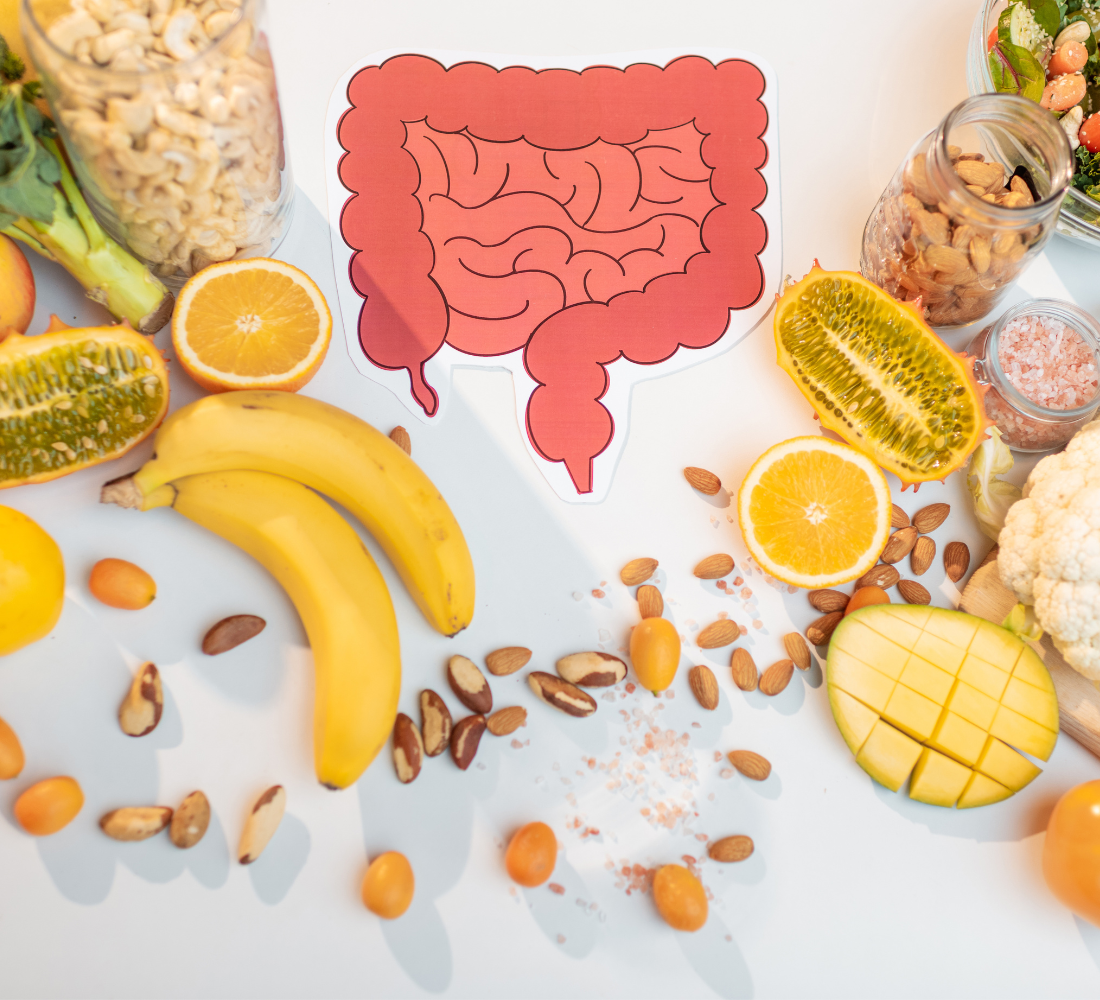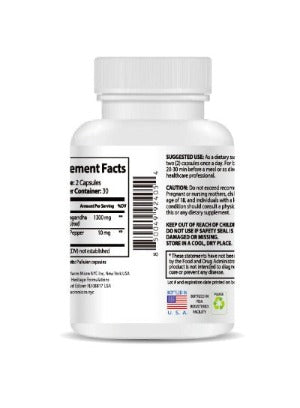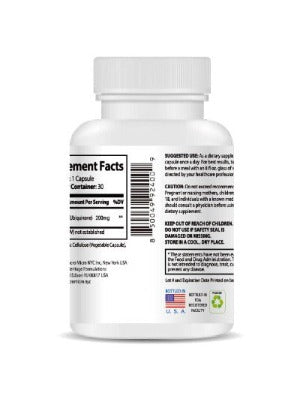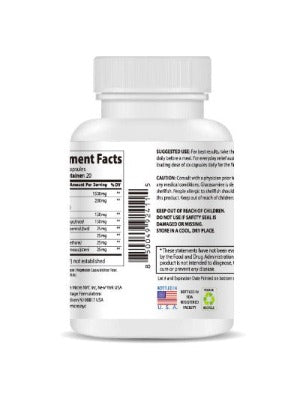Probiotics and digestive enzymes play an indispensable role in maintaining digestive health and optimizing nutrient absorption. This article will explore the basic characteristics of probiotics and digestive enzymes, their roles in human health, and how to effectively incorporate these microorganisms and proteins into your daily diet to promote overall health.

1. Probiotics: Guardians of the Microbial World
Probiotics are beneficial bacteria that live in the human digestive tract and are crucial for maintaining gut microbiome balance. They work through various mechanisms, such as:
- Inhibiting Harmful Bacteria Growth: Probiotics can help suppress the growth of pathogenic bacteria by producing antimicrobial substances like bacteriocins.
- Enhancing Gut Barrier Function: Probiotics strengthen the tight junctions between intestinal epithelial cells, reducing the transmembrane penetration of harmful substances.
- Regulating Immune Responses: They stimulate the gut immune system, enhancing the body's immunity.
- Producing Essential Nutrients: Some probiotics can synthesize B vitamins and vitamin K, which are vital for human health.
People can increase the number of these beneficial bacteria by consuming foods or supplements containing probiotics. Common probiotic foods include yogurt, sauerkraut, miso, and other fermented foods.
2. Digestive Enzymes: Catalysts of Nutrient Conversion
Digestive enzymes are biological molecules primarily secreted by the pancreas, small intestine, and other digestive glands. Their main function is to catalyze the breakdown of large food molecules so that smaller molecules can be absorbed by the intestine. There are various types of digestive enzymes, each targeting specific nutrients, such as:
- Carbohydrases: Break down carbohydrates into simple sugars.
- Proteases: Break down proteins into amino acids.
- Lipases: Break down fats into glycerol and fatty acids.
Indigestion or certain health conditions can lead to a deficiency in digestive enzymes, necessitating the use of supplements to replenish these enzymes.
3. The Synergistic Effect of Probiotics and Digestive Enzymes
While probiotics and digestive enzymes have different roles in the digestive process, they complement each other in maintaining overall digestive health. Probiotics improve the gut environment, providing better conditions for digestive enzymes to function. Meanwhile, digestive enzymes ensure sufficient nutrient breakdown, supplying the necessary nutrients for probiotic growth. This interaction helps promote efficient operation of the digestive system and maximize nutrient absorption.
4. Applications in Daily Health
To ensure optimal levels of probiotics and digestive enzymes in daily health, the following strategies can be adopted:
- Balanced Diet: Include high-fiber foods to promote probiotic growth and a balanced diet to provide sufficient nutrients for enzyme function.
- Supplementation: Consider probiotic and digestive enzyme supplements when natural food intake is insufficient to meet the needs.
- Lifestyle Adjustments: Avoid excessive stress and unhealthy habits, which can negatively affect enzyme secretion and gut microbial balance.
- Regular Check-ups: Work with healthcare professionals to monitor your health and intervene when necessary.
Probiotics and digestive enzymes are two key elements in maintaining digestive health. Their importance in daily health cannot be overlooked. Through a balanced diet, appropriate supplementation, and a healthy lifestyle, we can maximize their role in maintaining digestive health and promoting nutrient absorption, aiming to achieve a life free from digestive discomfort. Continuous scientific research and personal health management will further reveal the profound impact of these microorganisms and enzymes on our lives.
Purchase Link: Probiotics Digestive Enzymes













